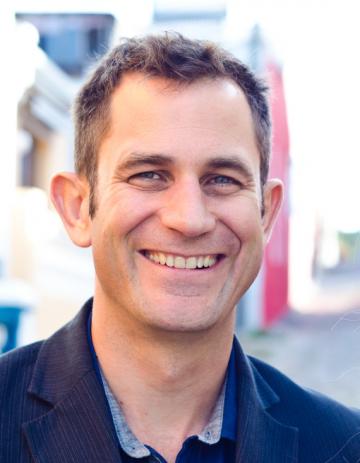
Dr Thomas Cousins
Clarendon-Lienhardt Associate Professor in the Social Anthropology of Africa
Thomas is an anthropologist of southern Africa with a particular interest in health, labour, and kinship, especially nutrition and pharmaceuticals and their attendant forms of value and life. His fieldwork to date has been in South Africa on topics including global health surveillance, welfare, communications technologies, and zoonosis. His book, titled The Work of Repair: Capacity after Colonialism in the Timber Plantations of South Africa (Fordham University Press, 2023), is a fine-grained exploration of the relationships between laborers in the timber plantations of KwaZulu-Natal, and the historical decompositions and reinventions of the milieu of those livelihoods and lives.
Ongoing research interests include anthropologies of global health; urban animals; metabolism and value; gender, sexuality, and kinship; material semiotics; and anthropologies of life.
In the academic year 2023-2024, Thomas has a British Academy Mid-Career Fellowship, working on an ethnography of “post-tuberculosis”.
Thomas Cousins’s research interests include African anthropology, medical anthropology, science studies, kinship and sexuality, ordinary language, and labour/value. His recent book is titled The Work of Repair: Capacity after Colonialism in the Timber Plantations of South Africa (Fordham University Press, 2023). He is currently working on an ethnography of the emerging category of “post-tuberculosis” among young people. He continues to work on a range of projects concerned with health, environment, and livelihoods, including non-human life in relation to new forms of the urban; metabolism, quality of life, immunity, and living with viruses – in short, how various forms of life are composed and integrated in ordinary life.
As well as contributing to the anthropology of southern Africa and health, Cousins’s research engages with the anthropology of food and pharmaceuticals, the microbiome and non-human relations, and the governance of life in the global south. He welcomes applications for doctoral research and other collaborations in any of those areas.



